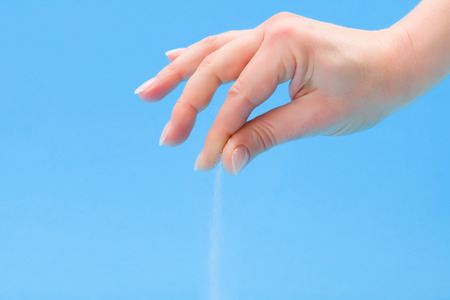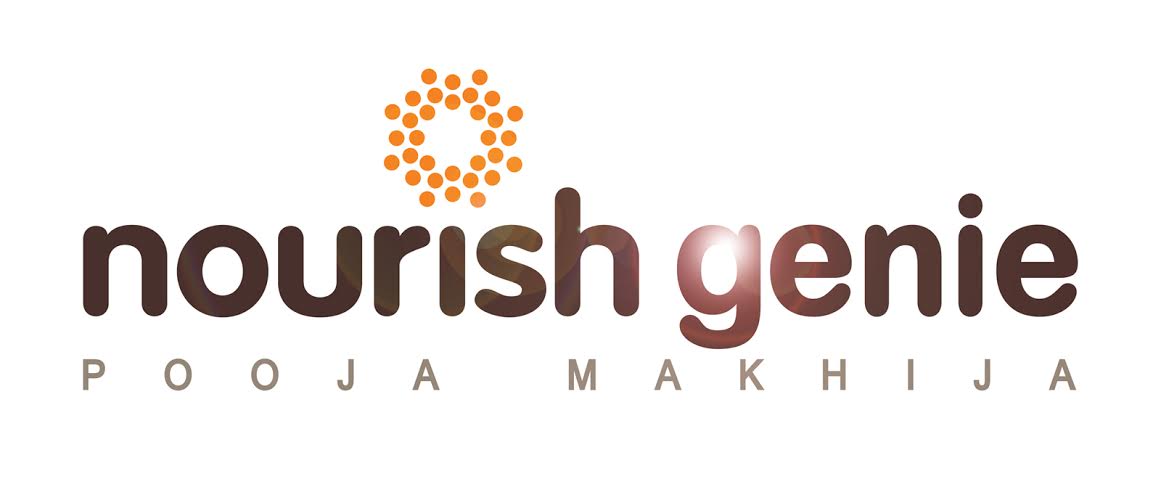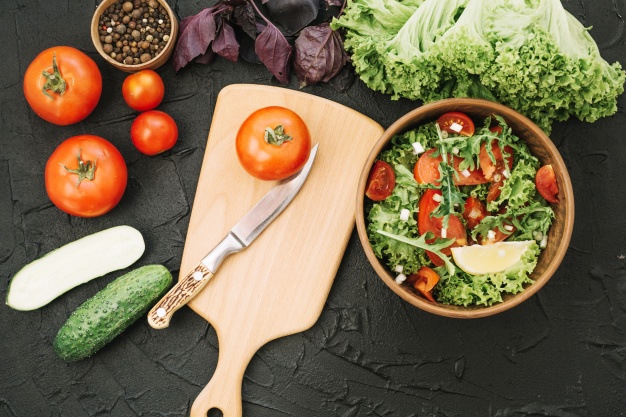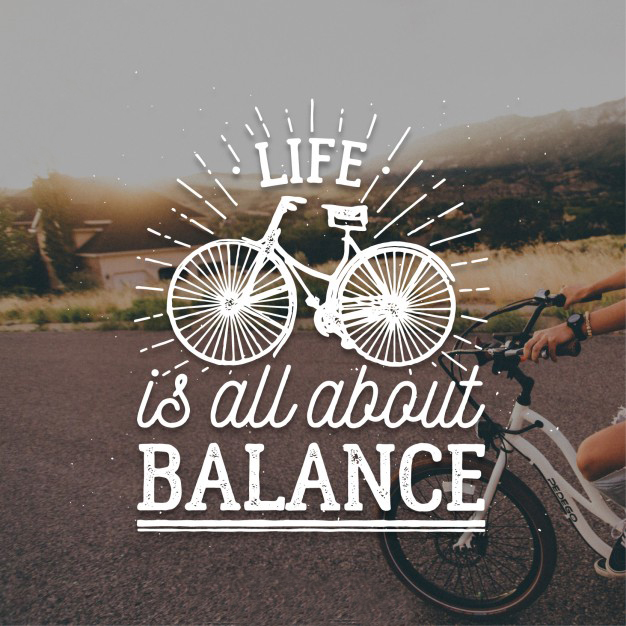
Can’t do without it, and definitely can’t do with too much of it. Salt is a chemical compound called sodium chloride 40 per cent sodium and 60 per cent chloride. Studies recommend that the upper limit of salt for adults is anywhere between 3.75 5 gm (sodium intake between 1.5 2.3 gm per day) which actually measures to just a tsp of salt per day. This is the ideal amount of salt for all healthy adults without high blood pressure, diabetes or cardio-vascular diseases.
WHY DOES THE BODY NEED SALT?
Cutting back on added salt is a small way to avoid over consumption. Do remember that you don’t need to add salt to all the food items you are consuming 75 per cent of the salt you eat is already present in everyday food items, like bread, breakfast cereals, ketchup and a lot of canned foods. Fortunately, nutrition labels on most ready made foods indicate the salt content in them. (1 gm sodium = 2.5 gm salt; so if you know how much sodium is present in a food item, you can roughly know the amount of salt it contains). Here’s how you can decode the labels: High salt content: If the salt content is higher than 1.5 gm per 100 gm of the food product, the sodium content mentioned will be 0.6 gm per 100 gm. Low salt content: If the salt content is 0.3 gm for less per 100 gm of the product; equivalent sodium content would be 0.1 gm per 100 gm.
Medium salt content: Foods between high and low figures. e Also note that dis-solvable vitamin supplements and painkillers contain up to one gm of salt per tablet. It would be advisable that you switch to non-effervescent counterparts, especially, if you have been asked to watch your salt intake.
WHY TOO MUCH SALT IS BAD FOR YOU
If you binge on foods that are too salty, you feel bloated and puffy hours later. This is be cause eating too much salt causes your body to retain more water, which increases the blood volume. This furthur leads to excess pressure on the blood vessels, thus demanding a lot of hard work from the heart in order to ensure smooth blood flow through the body. This is the main cause for high blood pressure and various heart dis eases. Other metabolic disorders associated with excess sodium intake include osteoporosis, kidney stone, asthma and gastric cancers.
SALTY FOODS ONE MUST AVOID
Cheese Pickles Papads Salted nuts Wafers, chips and other savoury farsan Soy sauce Tomato ketchup, mayonnaise and other ready-made sauces Breads Ready-to-eat soups, noodles, pasta
BALANCE THE SALT INTAKE
Focus on potassium
Increase in the level of potassium helps lower sodium levels, thus balancing blood pressure positively. Potassium rich foods include fruits like plum, peach, banana, muskmelon, avocados, orange, spinach, prunes, raisins and apricots to name a few.
Increase your water intake
This is the best way to flush out the excess sodium and maintain correct pH balance in the body. Aerated waters, sodas, energy drinks are unfavourable and can easily sabotage your efforts to maintain normal blood pressure.
Rinse canned foods
Vegetables and meat that are packed in brine (salt solution) always increase the salt content in the body.Rinse them to wash away extra salt.
Replace salt with herbs
Instead of reaching out for the salt shaker to add that extra flavour, season your food with citrus juices, herbs and spices.


